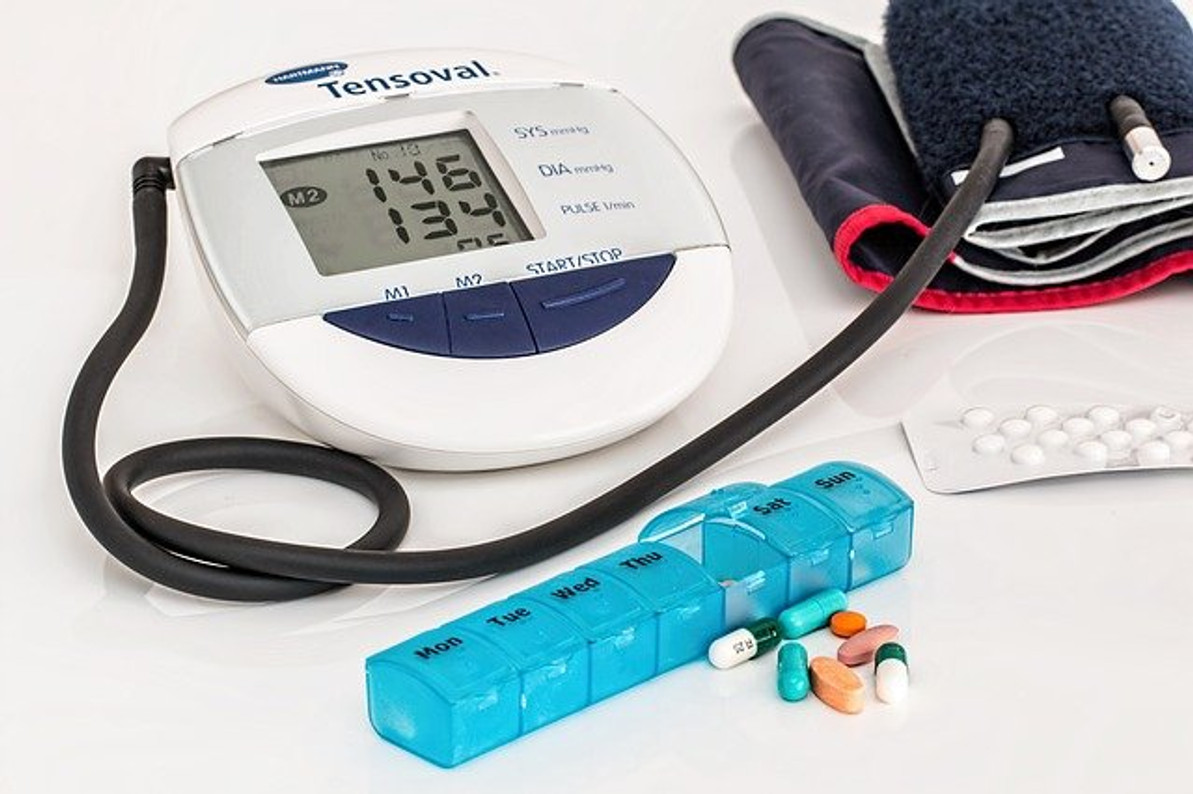The Link Between Stress and High Blood Pressure
High blood pressure is a common medical condition. According to the American Heart Association (AHA), over 100 million Americans have high blood pressure. Your blood pressure, of course, can fluctuate. It's simply a measurement of how much pressure your blood is exerting upon your arteries and vessels. High blood pressure, however, can place you at risk for heart disease, diabetes and other chronic diseases.
If you're struggling to keep your blood pressure in check, you may want to evaluate your stress levels. There's a correlation between high stress levels and high blood pressure. People who are constantly stressed are more likely to suffer from high blood pressure than their counterparts who experience low or no stress. How does stress cause high blood pressure exactly?
Low-Quality Sleep
Stress can make it difficult to get a good night's sleep. Regardless of why you are stressed, it can take a toll on your mental health. You may stay up later at night, and even when you lie down, you may not be able to fall asleep. This lack of sleep can result in high blood pressure. Most people need at least seven hours of high-quality sleep at night. Stress can prevent you from this getting a sufficient amount of sleep while placing you at risk for high blood pressure.
Stress Hormones
Another reason stress causes high blood pressure involves hormones. Your body will produce certain hormones when you are stressed. Known as stress hormones, they can have a myriad of effects on your body.
Stress hormones consist of adrenaline and cortisol. As your body produces these hormones, they'll change your body's chemistry. Studies have shown that stress hormones are a risk factor for high blood pressure. Failure to keep your stress levels in check will result in your body producing excess stress hormones that increase your risk of high blood pressure.
Elevated Heart Rate
Stress will typically result in an elevated heart rate. In other words, your heart will pump faster when you are stressed. According to one study, an elevated heart rate increases the risk of high blood pressure. The faster your heat pumps, the more pressure it will crease within your arteries and vessels.
There's no way to completely eliminate stress. Everyone is bound to experience stress at some point. With that said, you should try to minimize it so that it doesn't have a negative impact on your health. Failure to keep your stress levels in check may result in high blood pressure, which can place you at risk for chronic diseases like heart disease.
Recent Posts
-
Fire Safety in the Workplace: What You Need to Know
What steps are you taking to prevent fires in your workplace? According to the U.S. Occupational Saf …Aug 23rd 2023 -
Is It Safe to Go Jogging With a Cold Infection?
If you're suffering from a cold infection, you might be wondering whether it's safe to go jogging. T …Aug 22nd 2023 -
5 Safety Tips to Follow When Using a Powder-Actuated Tool
Powder-actuated tools are commonly used to join materials to steel and concrete. Also known as Hilti …Aug 20th 2023




